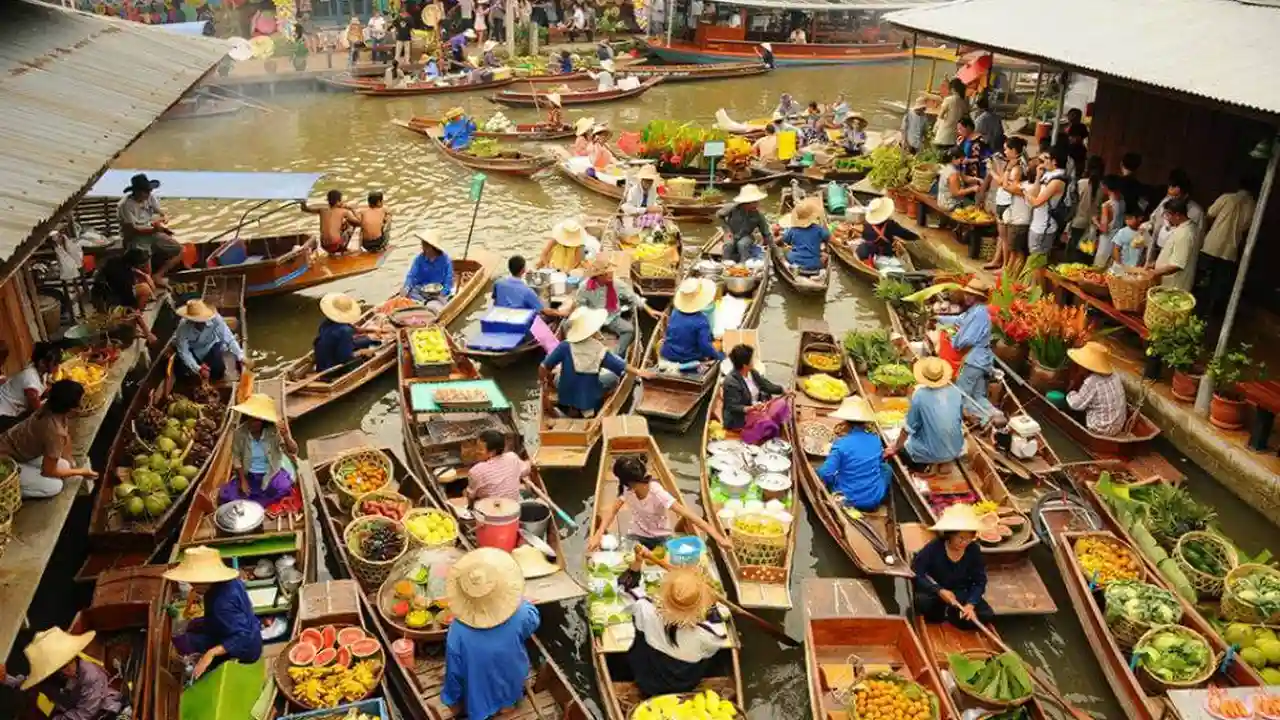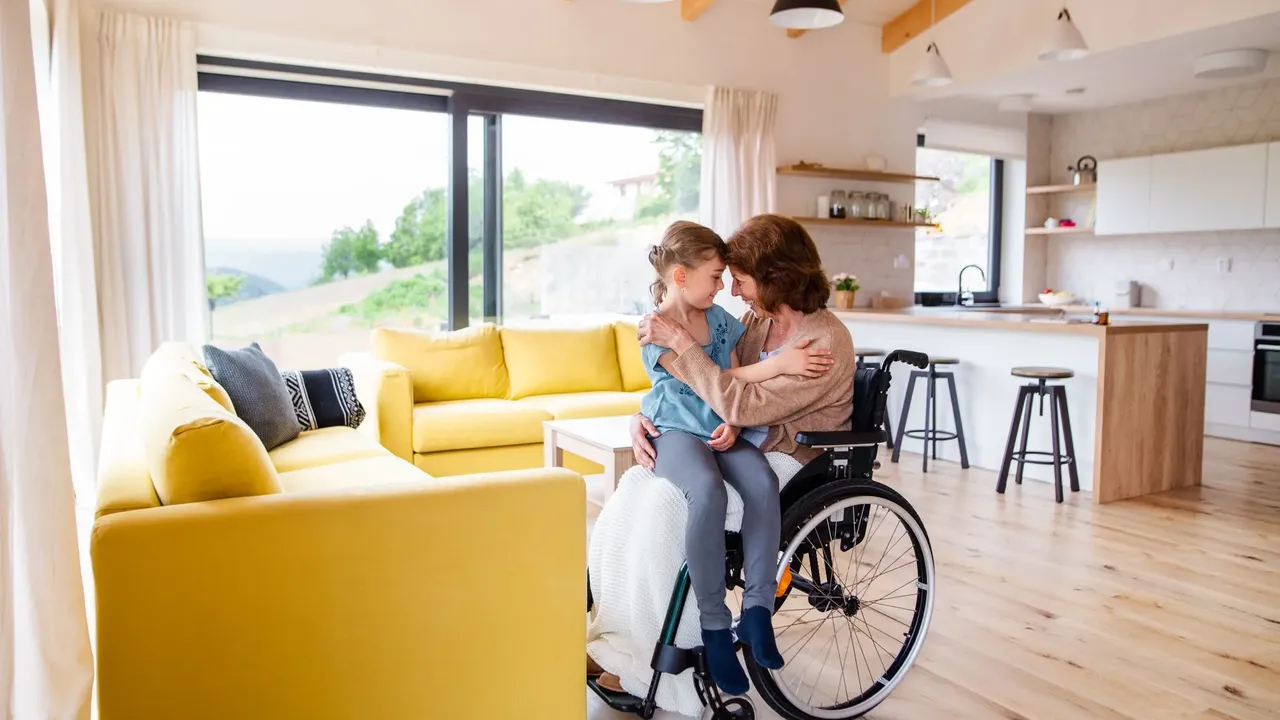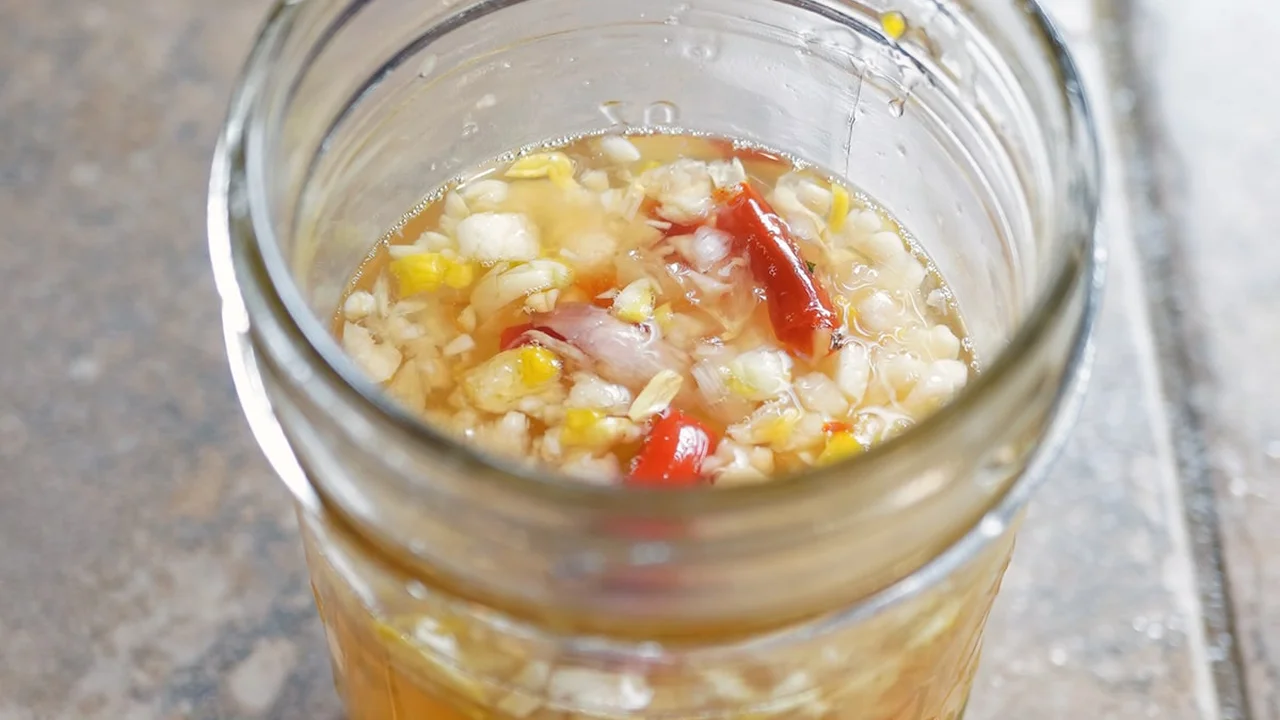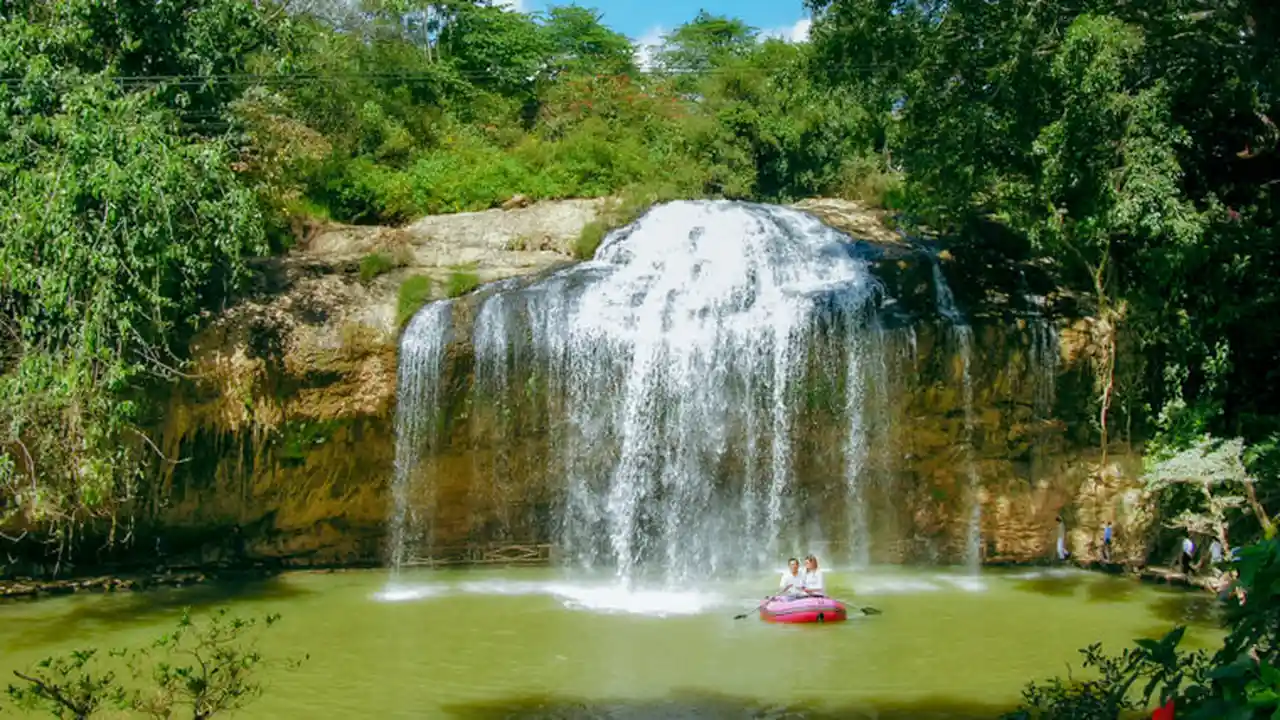Exploring the Mekong Delta: Boat Tours and Floating Markets

Mekong Delta Boat Tours Unveiled Your Gateway to Authentic Experiences
So, you're thinking about hitting up the Mekong Delta? Smart move! It's a world away from the hustle and bustle of Ho Chi Minh City, a place where life flows at a different pace, dictated by the mighty Mekong River itself. Forget skyscrapers and traffic jams; think lush green rice paddies, vibrant floating markets, and the constant hum of boat engines. This ain't your average tourist trap; it's a real, raw slice of Vietnamese life. And the best way to experience it? By boat, of course!
Forget the crowded buses and stuffy cars. A boat tour puts you right in the heart of the action. You'll glide past stilt houses, wave to friendly locals, and get a front-row seat to the daily dramas of river life. Plus, you'll get to explore those legendary floating markets, a sensory overload of sights, sounds, and smells that you won't soon forget. Trust me, it's an experience that'll stick with you.
Navigating the Mekong Delta Choosing the Right Boat Tour for Your Adventure
Okay, so you're sold on the boat tour idea. Now comes the tricky part: choosing the right one. There are tons of options out there, from budget-friendly day trips to luxurious multi-day cruises. The key is to figure out what you're looking for. Are you a backpacker on a shoestring budget? Or are you looking for a more comfortable, all-inclusive experience? Do you want to focus on specific aspects like birdwatching, cycling, or cooking classes? Knowing what you want will help you narrow down your choices.
Here's a breakdown of some popular options:
- Day Trips from Ho Chi Minh City: These are a great option if you're short on time. They typically include transportation to and from the Delta, a boat tour of the floating markets, and a visit to a local workshop or farm. Expect to spend a full day traveling, but it's a good way to get a taste of the Delta if you're pressed for time.
- Overnight Tours: These allow you to delve deeper into the Mekong Delta experience. You'll have more time to explore the backwaters, visit smaller villages, and experience the Delta's unique culture. Many overnight tours include accommodation in local homestays or comfortable riverside hotels.
- Multi-Day Cruises: For the ultimate Mekong Delta experience, consider a multi-day cruise. These cruises offer a luxurious way to explore the Delta, with comfortable cabins, gourmet meals, and a range of onboard activities. You'll visit multiple destinations, giving you a comprehensive overview of the region.
- Private Tours: If you want a more personalized experience, consider hiring a private boat. This allows you to tailor your itinerary to your specific interests and enjoy the Delta at your own pace. Private tours can be more expensive, but they offer a level of flexibility and exclusivity that you won't find on a group tour.
Floating Markets of the Mekong Delta A Sensory Overload Worth Experiencing
The floating markets are arguably the most iconic attraction of the Mekong Delta. These bustling waterways are where locals come to buy and sell everything from fresh produce to household goods. Imagine hundreds of boats packed with goods, jostling for space on the river. The air is thick with the sounds of bartering, laughter, and the constant drone of boat engines. It's a chaotic, vibrant spectacle that's a feast for the senses.
Some of the most popular floating markets include:
- Cai Be Floating Market: This is one of the largest and most well-known floating markets in the Mekong Delta. It's a popular stop for day trips from Ho Chi Minh City.
- Cai Rang Floating Market: Located near Can Tho, this market is known for its vibrant atmosphere and wide variety of goods. It's best visited early in the morning to catch the market at its peak.
- Phong Dien Floating Market: This smaller, more authentic market is a great option if you're looking to escape the crowds. It's a bit further off the beaten path, but it's well worth the effort.
When visiting a floating market, be sure to try some of the local specialties. You can find everything from fresh fruit and vegetables to steaming bowls of noodle soup. Don't be afraid to haggle a bit, but remember to be respectful and friendly. And don't forget your camera! You'll want to capture the incredible sights and sounds of this unique experience.
Must-Try Experiences Beyond Boat Tours Diving Deeper into Mekong Delta Culture
While boat tours and floating markets are definitely highlights, the Mekong Delta has so much more to offer. Don't just stick to the water; get off the boat and explore the land! Here are a few ideas to enrich your experience:
- Visiting Fruit Orchards: The Mekong Delta is a fertile region, known for its abundance of tropical fruits. Take a tour of a local fruit orchard and sample some of the delicious produce, from mangoes and dragon fruit to durian and rambutan.
- Exploring Rice Paper Villages: Learn about the traditional process of making rice paper, a staple ingredient in Vietnamese cuisine. Visit a local village and watch as the rice paper is made by hand, from soaking the rice to drying the sheets in the sun.
- Cycling Through Countryside: Rent a bike and explore the Delta's charming countryside. Pedal past rice paddies, through small villages, and along winding canals. It's a great way to experience the Delta at your own pace and get some exercise.
- Taking a Cooking Class: Learn how to prepare some of the region's signature dishes, like banh xeo (crispy pancakes) and ca kho to (caramelized fish). Many cooking classes include a visit to a local market to source ingredients.
- Visiting a Cao Dai Temple: The Cao Dai religion is a unique Vietnamese faith that blends elements of Buddhism, Confucianism, Taoism, and Christianity. Visit a local Cao Dai temple and witness the colorful ceremonies and rituals.
Gear Up for Your Mekong Delta Adventure Essential Products and Recommendations
Okay, time to talk gear! You don't need a ton of specialized equipment, but a few key items will make your trip much more comfortable and enjoyable. Here are a few recommendations, with prices and usage scenarios:
- Wide-Brimmed Hat (USD $10-20): The Mekong Delta sun can be intense, especially during the dry season. A wide-brimmed hat will protect your face and neck from sunburn. Look for one that's lightweight and breathable. Usage Scenario: Essential for all outdoor activities, especially boat tours and cycling.
- Sunscreen (SPF 30 or higher) (USD $8-15): Don't underestimate the power of the sun! Apply sunscreen liberally and frequently, especially after swimming or sweating. Usage Scenario: Crucial for protecting your skin from the sun's harmful rays.
- Insect Repellent (DEET or Picaridin) (USD $5-10): Mosquitoes can be a nuisance in the Mekong Delta, especially during the rainy season. Choose a repellent that contains DEET or Picaridin for maximum protection. Usage Scenario: Essential for preventing mosquito bites, which can transmit diseases like dengue fever.
- Lightweight, Breathable Clothing: Opt for loose-fitting clothing made from breathable fabrics like cotton or linen. This will help you stay cool and comfortable in the humid climate. Usage Scenario: Ideal for all activities, allowing for freedom of movement and breathability.
- Comfortable Walking Shoes or Sandals: You'll be doing a lot of walking, so make sure you have comfortable shoes. Sandals are a good option for boat tours and exploring villages, but make sure they have good traction. Usage Scenario: Provides support and comfort for exploring villages, markets, and other attractions.
- Water Bottle (Reusable) (USD $10-25): Staying hydrated is crucial in the hot and humid climate. Bring a reusable water bottle and refill it whenever possible. Usage Scenario: Reduces plastic waste and ensures you have access to water throughout the day.
- Dry Bag (USD $15-30): Keep your electronics and valuables safe from water damage with a dry bag. This is especially important if you're planning on taking a boat tour or kayaking. Usage Scenario: Protects electronic devices and other valuables from water damage during boat tours and other water activities.
- Camera (Smartphone or DSLR): You'll want to capture all the amazing sights and sounds of the Mekong Delta! Whether you use your smartphone or a dedicated camera, make sure you have plenty of storage space. Usage Scenario: Captures memories and shares the beauty of the Mekong Delta with others.
Product Comparison: Choosing the Right Dry Bag for Your Needs
Let's dive a little deeper into the dry bag recommendation. There are tons of dry bags on the market, ranging in size, material, and price. Here's a quick comparison of a few popular options:
| Brand/Model | Capacity (Liters) | Material | Price (USD) | Pros | Cons | Best For |
|---|---|---|---|---|---|---|
| Sea to Summit Lightweight Dry Sack | 8, 13, 20, 35 | 70D Nylon | $15-35 | Lightweight, durable, various sizes | Not fully submersible, thinner material | General use, protecting clothes and smaller electronics |
| Earth Pak Waterproof Dry Bag | 10, 20, 30, 40, 55 | 500D PVC | $20-45 | Very durable, fully waterproof, shoulder strap | Heavier than nylon, less packable | Kayaking, boating, protecting sensitive equipment |
| Skog Å Kust BackSåk Waterproof Backpack | 25, 35 | 500D PVC | $60-80 | Backpack style, comfortable to carry, fully waterproof | More expensive, bulkier | Longer trips, carrying heavier loads, hiking near water |
Consider your specific needs when choosing a dry bag. If you're just looking to protect a few small items from splashes, a lightweight nylon dry sack will suffice. If you're planning on kayaking or spending a lot of time on the water, a more durable PVC dry bag is a better choice. And if you need to carry a lot of gear, a waterproof backpack might be the best option.
Understanding Local Customs and Etiquette Respecting the Mekong Delta Culture
Before you head to the Mekong Delta, it's a good idea to brush up on some local customs and etiquette. Being respectful of the local culture will not only enhance your experience but also help you build positive relationships with the people you meet.
- Dress Respectfully: When visiting temples or other religious sites, dress modestly. Avoid wearing shorts, tank tops, or revealing clothing.
- Remove Your Shoes: It's customary to remove your shoes before entering someone's home or a temple.
- Use Both Hands When Giving or Receiving: When giving or receiving something, use both hands as a sign of respect.
- Avoid Touching People's Heads: The head is considered the most sacred part of the body in Vietnamese culture. Avoid touching anyone's head, even children.
- Be Mindful of Your Voice: Avoid speaking loudly or shouting in public places.
- Bargain Respectfully: It's acceptable to bargain when shopping at markets, but do so respectfully and with a smile.
- Learn a Few Basic Vietnamese Phrases: Even knowing a few basic phrases like "xin chào" (hello) and "cảm ơn" (thank you) will go a long way.
Planning Your Trip Practical Tips for a Smooth Mekong Delta Experience
Alright, let's get down to the nitty-gritty of planning your Mekong Delta adventure. Here are a few practical tips to help you have a smooth and enjoyable trip:
- Best Time to Visit: The best time to visit the Mekong Delta is during the dry season (December to May). The weather is sunny and pleasant, and there's less chance of rain.
- Getting There: The easiest way to get to the Mekong Delta is from Ho Chi Minh City. You can take a bus, hire a private car, or book a tour.
- Visa Requirements: Check visa requirements for Vietnam based on your nationality. Many nationalities can obtain a visa on arrival.
- Currency: The Vietnamese currency is the Dong (VND). US dollars are widely accepted, but you'll get a better exchange rate if you use Dong.
- Health Precautions: Consult your doctor about recommended vaccinations and malaria prophylaxis. Drink bottled water and avoid eating food from street vendors that may not be hygienic.
- Internet Access: Wi-Fi is widely available in hotels and cafes. You can also purchase a local SIM card for your phone.
- Language: Vietnamese is the official language. English is spoken in tourist areas, but it's helpful to learn a few basic Vietnamese phrases.
- Safety: The Mekong Delta is generally a safe place to travel, but it's always a good idea to be aware of your surroundings and take precautions against petty theft.
The Mekong Delta is waiting! Go explore, soak it all in, and create some unforgettable memories.
:max_bytes(150000):strip_icc()/277019-baked-pork-chops-with-cream-of-mushroom-soup-DDMFS-beauty-4x3-BG-7505-5762b731cf30447d9cbbbbbf387beafa.jpg)






